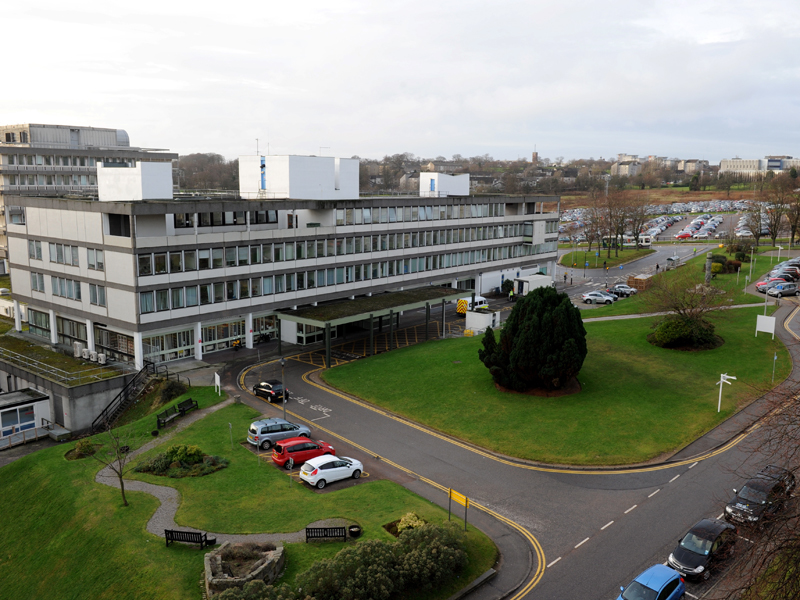Hospitals across the north and north-east are to get more than £1.3million to improve emergency care.
Health Secretary Shona Robison announced the funding in the wake of figures that confirmed a gradual improvement in accident and emergency (A&E) waiting times across Scotland.
The money is part of £9million being divided up among Scotland’s 14 health boards. It is the latest phase of a £50million plan to improve what is termed “unscheduled care” already put in place by the Scottish Government.
Ms Robinson said despite advanced planning last winter was “challenging” for health boards.
That was why al boards will be reviewing and refreshing their plans ahead of next winter to ensure that A&E performance improves every month of the year, she said.
“Addressing A&E performance cannot be seen in isolation, which is why we must look at the whole system, and these actions depend on a number of partners across the health and social care system working together,” Ms Robison said.
“As part of this we have appointed national improvement officers who will liaise directly with the locally appointed teams to provide a coordinated, flexible and combined performance and improvement support.
“We are also allocating £9 million from the £50million Unscheduled Care Fund to assist with implementing these new measures as well as enhancing work already underway.”
NHS Grampian will get £705,101, NHS Highland £478,339, NHS Orkney £40,089, NHS Shetland £39,899 and NHS Western Isles £53,295.
Dr Nikki Thompson, chairman of BMA Scotland’s consultants committee, said the pressures facing A&E departments were a symptom of the wider problems in the NHS and the government’s recognition that action must be extended beyond A&E was welcome.
“It is vital that we are able to look after all our patients safely and within a sensible timescale, and that we can prioritise those most urgently in need of care. However, problems such as the high number of consultant vacancies, and other major challenges, make this increasingly difficult,” she said.
“These issues need to be addressed to allow us to provide the standards of care we want for our patients, in A&E and throughout the service.”
